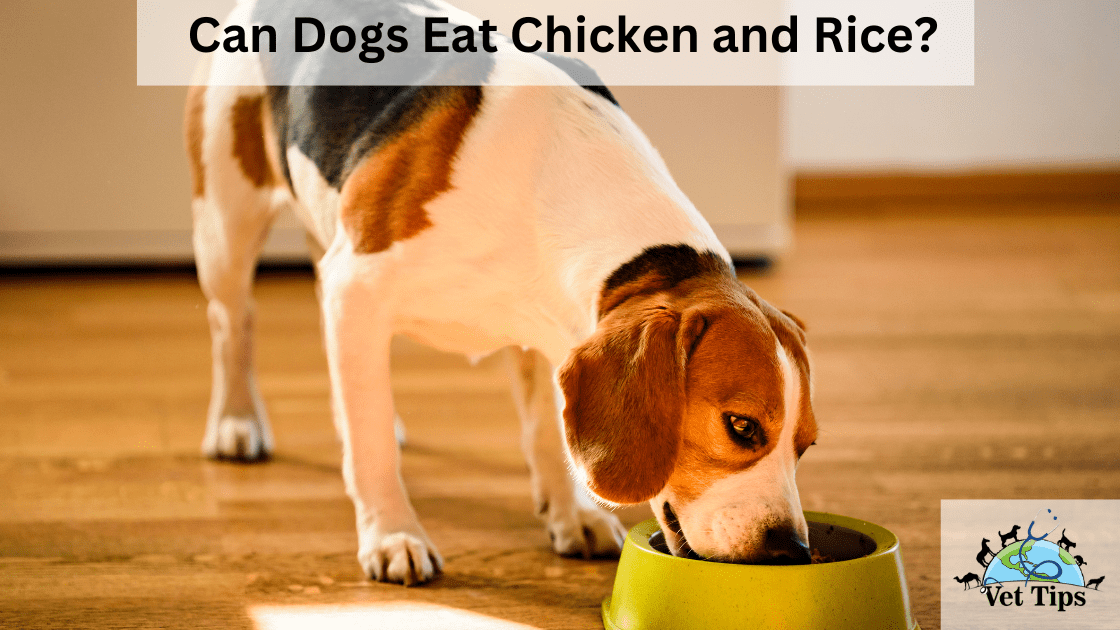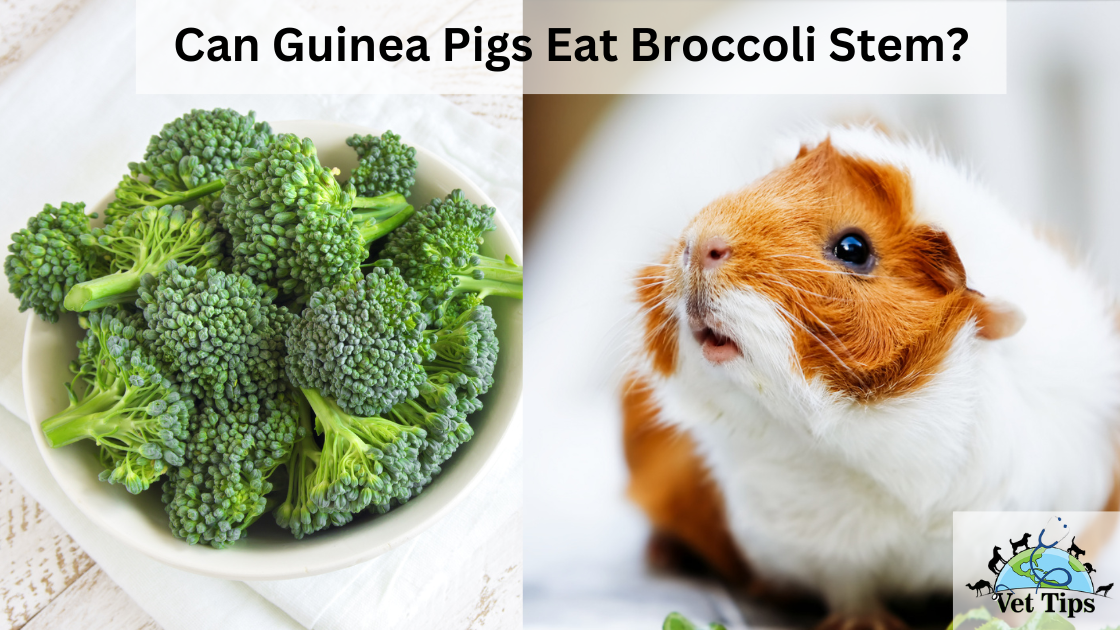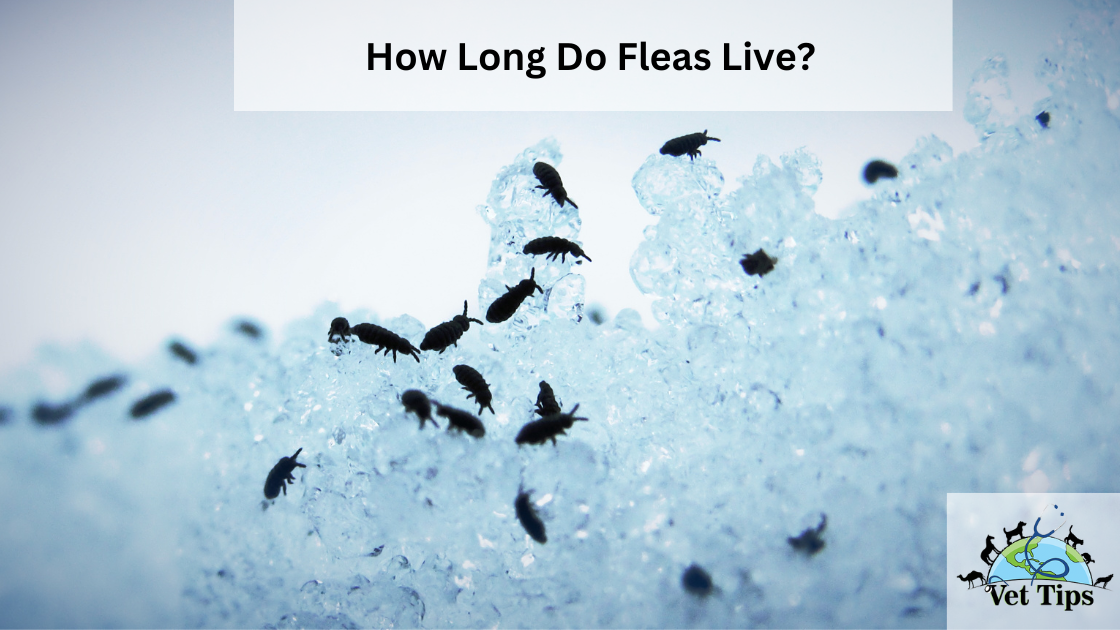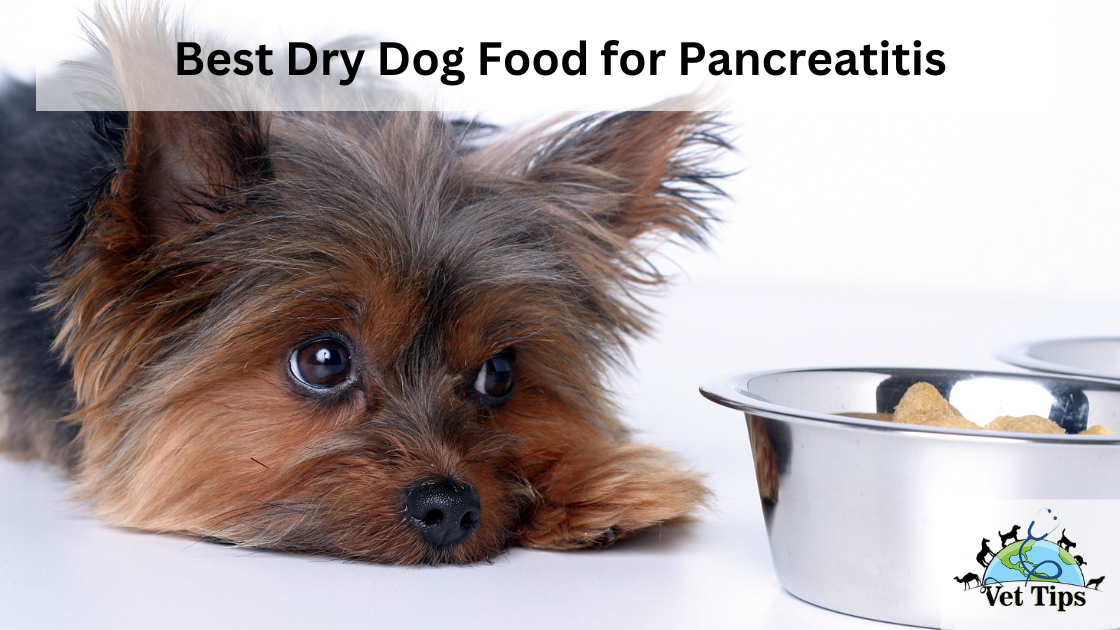Many dog owners wonder whether it’s safe to feed their furry companions chicken and rice. The good news is that chicken and rice can be a nutritious and safe option for dogs when prepared properly. Let’s delve into the details and explore this topic: Can my dog eat chicken and rice?
Chicken and rice make an excellent bland diet and are perfect source of protein and carbohydrate respectively.Chicken and rice are vets recommended prime ingredients of dog’s with upset intestinal health.One is best source of protein and other is source of carbohydrates, these both nutrients are best source of calories and essential for regulating normal physical health of dog. Chicken and rice is the best diet for the dogs with upset stomach health because they are soft and easy to digest. Feeding the best, healthy, and tasty diet is first priority of every dog’s owner. Chicken and rice is the most common ingredients in dog food which includes the essential proteins and carbohydrates, containing low fat content.
Nutrients present in chicken and rice:
Chicken and rice contain some vital nutrients that are crucial for the health of dogs. They are good source of resistant starch that helps to maintain intestinal health by preventing digestion in small intestine and ferments in large intestine.Chicken is the best and natural source of protein and other essential nutrients. It also contains;
- Vitamin B12
- Iron
- Copper
- Zinc
- Resistant starch
On the other hand, rice is rich source of carbohydrates and fibers that play a vital role in controlling cholesterol level and minimize the risk of cardiovascular diseases. It also contains;
- Vitamin B1 and B6
- Fiber
- Magnesium
- Selenium
- Phosphorus
- Resistant starch
The Benefits of Chicken and Rice for Dogs
Chicken and rice can provide several benefits to dogs, especially in certain situations. Here are a few reasons why this combination is often recommended:
- Gentle on the Stomach: Chicken and rice are considered bland foods that are easy to digest. This makes them an ideal choice for dogs with upset stomachs, digestive issues, or during recovery from illnesses.
- Source of Lean Protein: Chicken is a lean source of protein that offers essential amino acids for your dog’s muscle development and overall health. Protein is crucial for maintaining strong bones, healthy skin, and a robust immune system.
- Complex Carbohydrates: Rice, particularly white rice, is a starchy carbohydrate that provides energy to dogs. It is easily digestible and can help regulate bowel movements.
- Palatability: Many dogs find chicken and rice to be highly palatable due to their mild flavors. This makes it easier to feed them when they are picky eaters or experiencing a reduced appetite.
Preparing Chicken and Rice for Dogs
When preparing chicken and rice for your dog, follow these guidelines to ensure their safety and nutritional well-being:
- Cooked and Skinless Chicken: Use boneless, skinless chicken breasts or lean chicken meat. Remove any bones or skin that could pose a choking hazard or cause digestive issues.
- Plain White Rice: Opt for plain, cooked white rice without any added seasonings or spices. Avoid using flavored or seasoned rice mixes, as they may contain ingredients that are harmful to dogs.
- Proportions and Balance: The ratio of chicken to rice can vary depending on your dog’s size, age, and dietary requirements. A general guideline is to aim for a balance of about 1 part chicken to 2 parts rice. However, consult with your veterinarian to determine the appropriate proportions for your specific dog.
- No Added Ingredients: Avoid adding oils, seasonings, or sauces to the chicken and rice mixture. Dogs have different nutritional needs than humans, and certain ingredients can be harmful to them.
Considerations and Moderation
While chicken and rice can be a nutritious addition to your dog’s diet, it’s important to keep a few considerations in mind:
- Complete and Balanced Diet: Chicken and rice should not replace a complete and balanced dog food diet in the long term. Dogs require a wide range of nutrients that may not be adequately provided by this combination alone. Consult your veterinarian to ensure your dog’s overall nutritional needs are met.
- Food Allergies and Sensitivities: Some dogs may have allergies or sensitivities to chicken or rice. If you suspect your dog has any food sensitivities or allergies, it’s best to consult with your veterinarian for alternative dietary options.
- Portion Control: Proper portion control is essential to maintain a healthy weight for your dog. Overfeeding can lead to weight gain and associated health issues. Follow your veterinarian’s recommendations for portion sizes based on your dog’s age, weight, and activity level.
Do dogs need dietary carbohydrates?
Dietary carbohydrates are not nutritional requirement of dogs. Carbohydrates are considered as non essential diet for dogs as compared to protein and fat. Dietary carbohydrates are given to dogs for two reasons,they are cheap and easily available. The digestive tract of dogs is versatile and it can almost everything that is fed to them. Carbohydrates are fed to dogs because they are source of fiber that are beneficial for the digestive tract.
Benefits of resistant starch:
Resistant starch is a nutrient that is found in various foods including chicken and rice.Resistant starch belongs to complexcarbohydrates that enhances the growth of beneficial bacteria in large intestine. It does digest in small intestine and escapes to large intestine where it promotes fermentation. In the large intestine resistant starches undergo microbial fermentation, forming the short-chain fatty acids. Resistant starch enhance the growth of beneficial bacteria and decreases the number of bad bacteria in gut. Italso prevents the inflammation and reduces PH level and risk of colon cancer which is common cause of dog’s death. Resistant starches increase the absorption of different minerals, especially in dogs. Some other benefits of resistant starch are;
- Boosts intestinal health
- Keeps the colon healthy
- Reduces PH and inflammation of colon
- Lowers the risk of colon cancer
- Helps to loose weight
- Enhances mineral absorption
- Promotes beneficial bacteria
- Reduces risk of diabetes
- Supports heart and kidney health
FAQs about Can my dog eat chicken and rice?
Do dogs are evolved to tolerate starch?
No, dogs don’t thrive on starch. As dogs are carnivores, they need very low dietary carbohydrate (starch) as nutritional requirement. Dogs don’t secrete amylase enzyme in mouth, they excrete the amylase from pancreas and digestion of starch starts in gut. Dogs get all the vital nutrients from the foods that are source of protein and fat. They are not typically dependent on the carbohydrates/starch in their diet.
It is fact that dogs secrete amylase enzyme from pancreas for the digestion of starch but it takes three steps for complete digestion of starch. In the first and second step dogs need amylase and maltase-glucoamylasefor complete breakdown of starch. In the thirds step they require a special type of protein called SGLT1 for the transport of digested starch (glucose) from intestine to the bloodstream. So, dogs have amylase enzyme but lack maltase and SGLT1 protein in sufficient quantity to transport the whole digested starch.
Does chicken and rice a good long-term diet?
No, it is not.This combination is okay to feed a dog short term (like a few days to a week) and is often recommended by vets for the first couple days after a dog is recovering from vomiting or diarrhea. This is because these foods are tasty but easy on the gastrointestinal tract. But longer term, it is very unbalanced and the dog would have severe problems. It’s deficient in numerous vitamins, minerals, calcium, and essential amino acids. so the dog would have problems maintaining his/her bone structure and muscle health. There is almost no fat, and many other vital nutrients and mineral are lacking in this diet.
Summary: Can my dog eat chicken and rice?
- Chicken and rice contain variety of nutrients and minerals that are vital for the regulation of physical, mental, and cardiac health.
- Dogs don’t need dietary carbohydrates as prime nutritional requirement. They are given because they are inexpensive and good for digestive tract health.
- Resistant starch is a type of complex carbohydrates. It plays a great role to stable the health of intestine balance the microbial flora in colon. It also reduces the risk of diabetes, kidney failure, and heart diseases.
- Dogs do not thrive on starch as it is not their prime nutritional requirement. They lack fully develop steps and mechanism require for the complete digestion of starch.
Tell us in the comments, how you like our article “Can my dog eat chicken and rice?”
For similar posts like this, click here.
For the source file click here.









One thought on “Can my dog eat chicken and rice?”